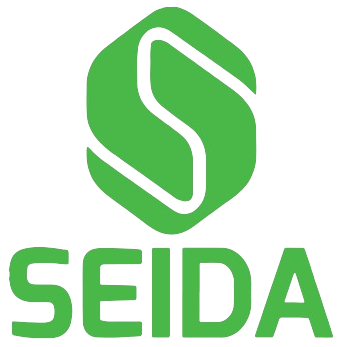
Household Economic Livelihoods Support/ strengthening
SEIDA broader vision for economic livelihoods includes:
- Building economic confidence, self-respect and self-esteem of supported groups to discourage aid dependence and encourage active agriculture and productive behaviours.
- Improving economic behavioural practices of household savings, agriculture (land and animals) and micro income generation activities (IGA) to, stabilize core household assets, smooth household consumption and to increase capacity to withstand cyclical household shocks.
- Building financial safety nets to protect key household economic assets and stabilize food security.
- Increasing financial and business literacy and market readiness to maximize the return on investment from income generating activities, encourage and foster entrepreneurialism and higher value production, develop an understanding of commercial risk and how to make risk- sensitive decisions, and increase overall employability
Specifically, SEIDA economic strengthening initiatives is based on the following three (3) theories of change as hereunder


Objective One — Mobilizing Financial Safety Nets through Savings
Support specifically focuses on empowering beneficiaries and their families to build group savings-based safety nets in partnership with trusted friends and relatives. Through a network of paid community technical officers and volunteer community-based trainers, thousands of cluster members will mobilize, form, manage and sustain Group Savings & Loans Associations. GSLAs are the focal point for all SEIDA economic livelihoods activities and the hub for the majority of all community level economic discussions and capacity building. Access to training and advanced levels of technical support will depend on the commitment of GSLA members to form and effectively manage their GSLA group.
Level Two — Maximizing Household Production
Group Savings and Loans Association members and other cluster households will learn basic skills in how to best improve the productivity of their households and increase their farm and non-farm income generation to increase standards and quality of living. Using modified best practices in behavior change and peer education, cluster members will learn skills on how to engage in livelihoods-focused community dialogues emphasizing values of peer accountability to adopt productive behaviors for stabilizing and expanding food security and household resilience. Most importantly, households will learn how to identify and better utilize household surplus, savings and assets to improve land, livestock and petty trading outputs.

Through the weekly GSLA groups meeting, thereafter discussions are held focused on productive economic behaviours (forming small internally- managed ‘business clubs’) and communities start investing in how to maximize their household plot production (through adopting new growing or production techniques, investing in new equipment and planning better), SEIDA expand its technical assistance support into more advanced foundation economic livelihoods areas such as: urban / micro gardening (including permaculture), commercial poultry production management and disease mitigation, and piloting of specific locally-acceptable commodities such as mushroom production


Level Three — Increasing Market Readiness
As production improves and households think about more advanced commercial activities, this support is designed to help interested and motivated project beneficiaries gain skills in business initiation (through well understood concepts of market dynamics and analysis of commercial risk) and prepare, plan, and improve access into local markets. Although only limited beneficiaries will be able to (or perhaps wish to) participate in such explicitly more market oriented, commercial activities, it is important that clusters have the basic skills and knowledge that will allow them to make solid commercial choices going forward.
